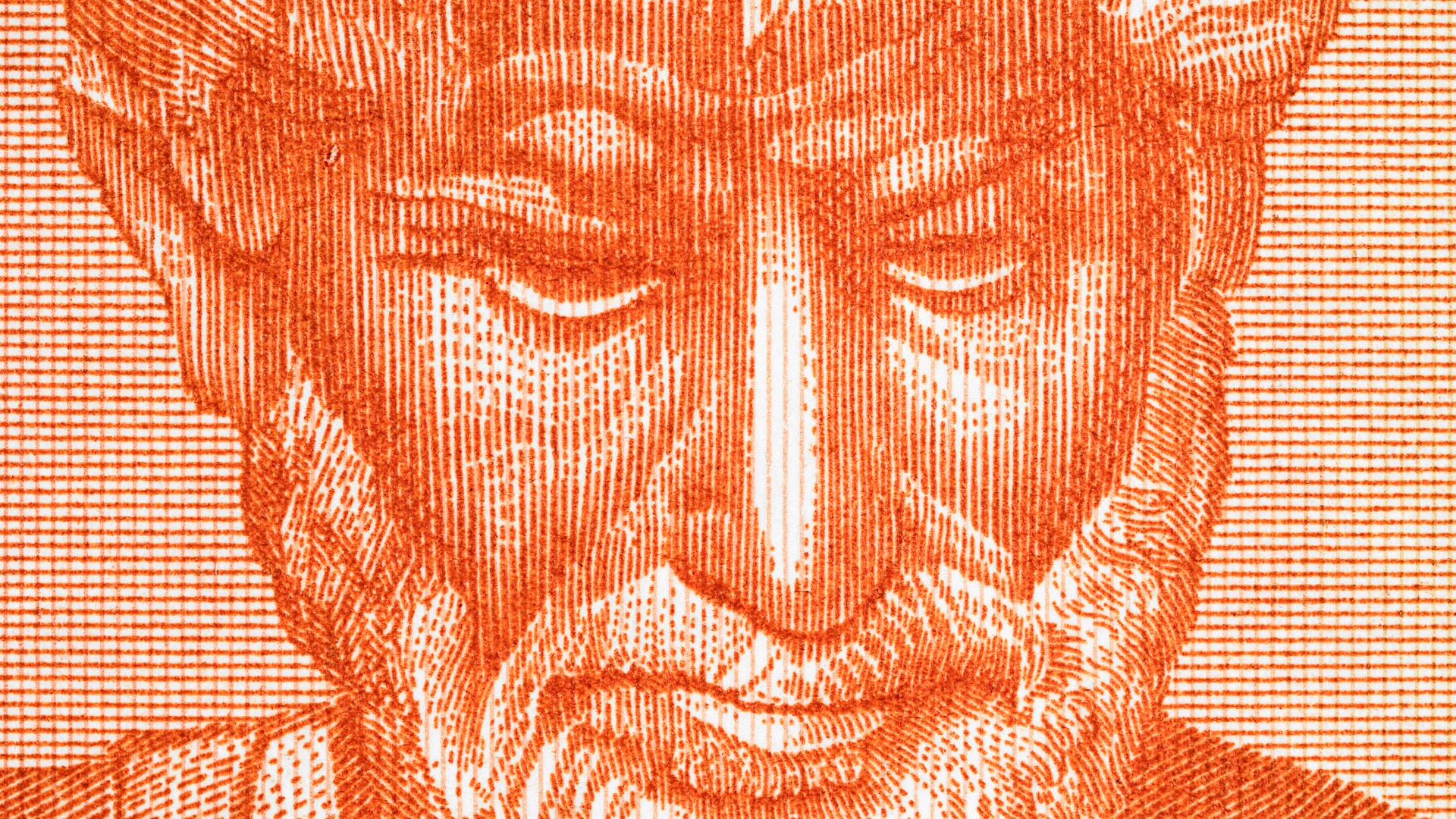The founder and CEO contemplates the wider relevance of GroundReport.
Question: What influence does GroundReport have in shaping policy?
Rachel Sterne: It's hard to sort of judge what the exact impact has been on public awareness, because how do you measure public awareness of an idea? So GroundReport has certainly brought attention to a lot of issues that people otherwise never would have heard of, but it's hard to see how that translates into something at the other end. We've had a lot of non-profits for instance riding under the name of their non-profit, published reports and later on they were eventually able to you know gain key legislation. One interesting example is my home town of Dobbs Ferry was able to get a historical distinction from congress for being one of the sites that George Washington visited on, you know, on his campaign and they had published the local historian have publish numerous research reports and updates proving this. So those are a couple of examples of you know I don't know if there is a direct causation there but certainly, certainly it contributed. Then we have other issues where we've seen more humanitarian based results that are really wonderful. So for instance we have an Afghani reporter who reported on a young woman about I think 16 or 17 who has attacked by her husband who she was married to through an arranged marriage, I think he was on his 60's or 70's and she was disfigured and she was burned with acid and it was really terrible and unfortunately this is a fairly common story but because of it was on GroundReport, because it was on English language source, the reporter was contacted by an aid organization that ended up covering all of the medical cost and I didn't even hear about this until like a month after it took place and I know this because the reported had put the follow up report on GroundReport and so the other thing we do is we just, we allow people to connect amongst themselves and not just pushing one overall agenda but we allow all these little connections to happen that in little ways help to improve society.
Question: What is the biggest lesson you have learned from GroundReport?
Rachel Sterne: I think the biggest thing that I've learned because I was coming at this not from a media or journalism background. I was coming at ground report from diplomacy and international relations and a technology background is the incredible importance of the trusted human network. So we can create this algorithm that build wonderful looking virtual newspapers but without the human input it really doesn't work because you can't get a computer to put stories together, at least not yet, in a way that really works and it's also something that translates to your community and I mean not just your audience but your contributing community. So if we just, when we at GroundReport just has this algorithm that was choosing the stories in publishing, it wasn't really enough. Once we built this team of volunteer, Wikipedia style editors who could go in any piece of content. Then suddenly the platform felt like it was alive and it really translated in the behavior or our contributors who took themselves much more seriously. They realized this is an active thing and there are people on the other end who really care about what we are doing. So I would actually take sort of the opposite slant of what so many of my peers say and say it's the human network that is so incredibly important that we need to really focus on that aspect and a lot of things that go along with that like vetting and fact checking.
Recorded on: June 12, 2009





